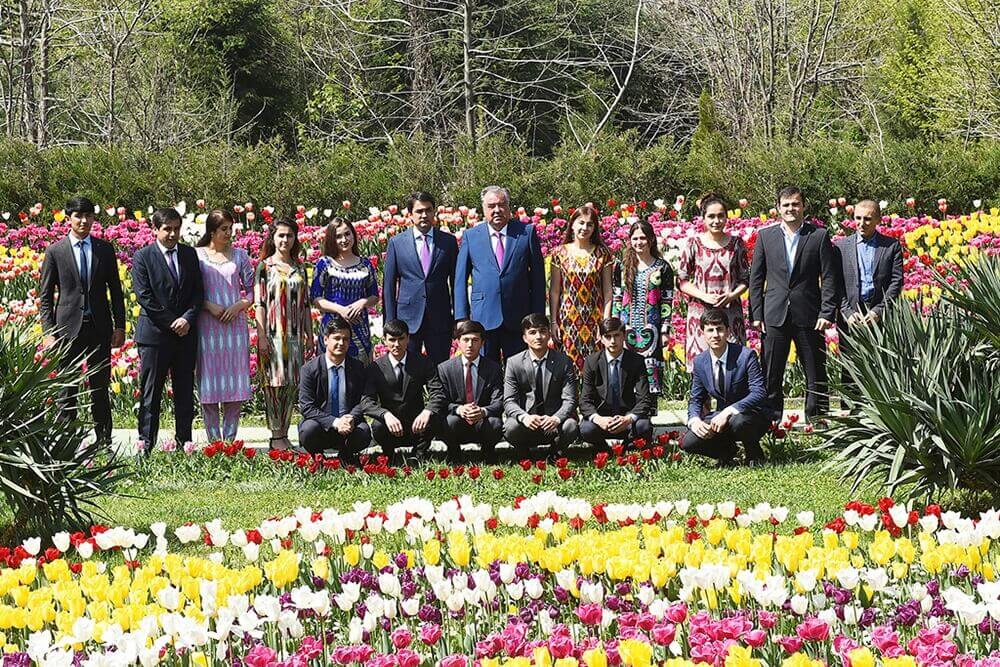According to the Johns Hopkins University coronavirus resource centre, 181 countries so far have reported at least one case of the COVID-19 disease since its emergence in the Chinese city of Wuhan in late December. Tajikistan and Turkmenistan stick out like sore thumbs as the only Central Asian countries to report zero cases of the virus until now.
Unlike the Pacific Island states, where governments have taken preemptive measures to prevent the onset of the virus despite no cases being reported, Tajikistan and Turkmenistan have continued life as normal. This has concerned many experts, who believe that both governments are covering up the truth about the spread of the disease and are in turn disrupting global attempts to combat the pandemic.
The autocratic Tajik government is known for its history of censorship, raising doubts about the truthfulness of its 700+ coronavirus tests and claim that no quarantined individual tested positive for the virus. Critics of the government are growing increasingly concerned about the indifference displayed by President Emomali Rahmon and his regime, warning that Dushanbe should have adopted reformatory measures “the day before yesterday” considering its comparatively compromised geographical positioning.
It should be a matter of great concern that Tajikistan shares its borders with China, where the virus originated, and also with neighbours in Central Asia whose first confirmed cases sprung from people returning from Mecca in Saudi Arabia. Several Tajiks also attended the same pilgrimage, but Dushanbe did not take any action except temporarily closing its borders to foreigners. And although the government has turned a blind eye towards the pandemic, Tajik businesses seem to be suffering in its wake. People are taking it upon themselves to wear face masks and maintain a certain amount of social distancing, despite the fact that schools and institutions remain open and that a football league kicked off last weekend.
In Turkmenistan, the denial of the pandemic is so strong and its threat is so underreported that it prompted Reporters Without Borders to believe that the government had banned the use of the word ‘coronavirus’ from news reportage. Professor Martin McKee of the London School of Hygiene and Tropical Medicine also labelled official health statistics from Ashgabat as “notoriously unreliable” since the same healthcare system has for a decade implausibly claimed to not have a single HIV/AIDS patient. There are also reports of Turkmen citizens being arrested for publicly discussing the pandemic or sharing information among themselves. The government is allowing life to go on as per usual, even hosting a cycling event for World Health Day on Tuesday.
Global and regional efforts to contain the spread of the virus in Central Asia could be badly compromised if such kind of misreporting and censorship continues.
Image Source: Eurasianet
Turkmenistan, Tajikistan Still Report No COVID-19 Cases, Raise Suspicion
Life continues as normal in both countries.
April 8, 2020

